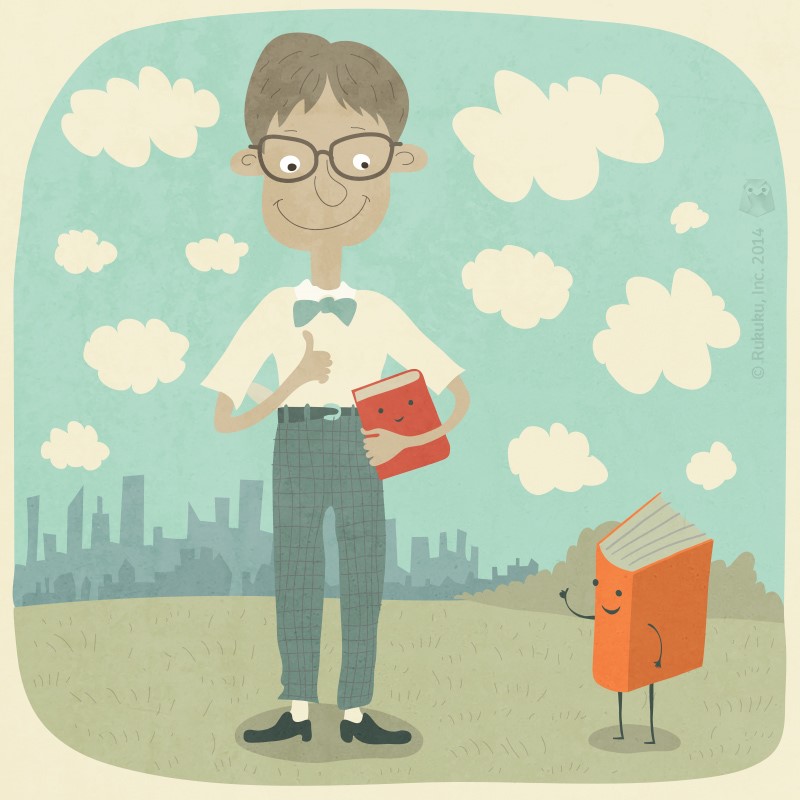I’m a social person. I’m also a little nerdy. For those reasons, one point in particular stood out for me in our recent interview with Michael Horn. His experiences observing technology in the classroom suggest that, rather than isolating students, personalizing education has contributed to a sort of learning-centered socialization.
Here’s why. While kids may be plugged into individual monitors, studying lessons personalized to their individual strengths and weaknesses, they still jump up now and then to help each other out. As Mr. Horn points out, that’s a much healthier type of socialization than most of us experienced when we were younger.
It’s a nice image, right? Students chatting away in class, not about the school dance, the weekend football game, or so-n-so’s new boyfriend, but about math and history and school subjects instead. Ok, maybe not instead, but in addition to sports, social events, and gossip, maybe more students will talk about school subjects. This could be the development that nerdy kids around the world have been waiting for. Those students that understand class material and are willing to help others will have many more opportunities to socialize.
There are some big assumptions there, though. One is that teachers will allow such socialization to take place. That means a looser classroom environment with which some teachers may not be comfortable. Second, kids are competitive, especially academically oriented ones. Taking time to peer tutor other students may be less attractive as kids get older and competition for top spots intensifies.
Even with those considerations in mind, I am still hopeful. Is it possible that being a good student in school could turn into a social asset in grade school rather than a liability? Or is that just the wishful thinking of a nerdy guy? I’m interested to hear thoughts from our readers. To what extend does academic strength improve, impair or have absolutely nothing to do with grade school socializing? Is technology changing it?

